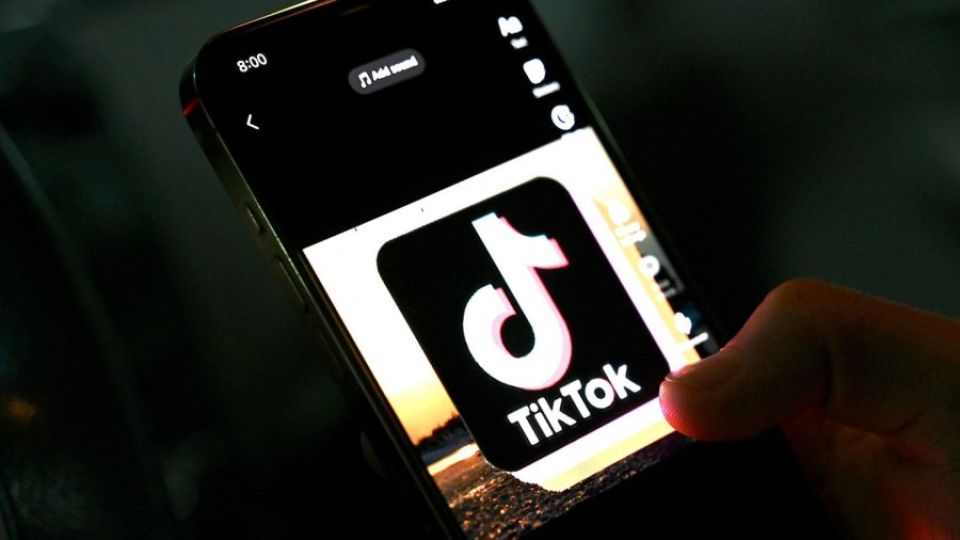April 3, 2023
JAKARTA – Despite Western countries’ push to restrict the TikTok social media platform over data and national security concerns, cybersecurity analysts suggest that Indonesia should not immediately jump on the bandwagon but instead look to guarantee Indonesia’s data security.
Last Thursday, the United States Congress grilled TikTok CEO Shou Zi Chew over China’s allegedly wide-ranging influence over the platform, during which Chew denied that the app shares data or has connections with the Chinese Communist Party.
Some 20 US senators have also backed bipartisan legislation forging a path for US President Joe Biden’s administration to ban TikTok on national security grounds, news agencies have reported.
In February, the White House ordered US government agencies to remove TikTok from any federal devices and systems, while at least 30 US states have also banned the use of TikTok on government-owned devices.
Neighboring Canada has also placed a ban on TikTok in its own government-issued devices, citing security risks, while the European Parliament, the European Commission, the European Union Council and several EU countries have banned TikTok on staff devices for cybersecurity reasons.
In June 2020, India completely banned TikTok along with 58 other Chinese-created apps, citing the data and privacy concerns of its citizens. The ban was also in place after a military clash between Indian and Chinese troops along their shared border region.
In July 2018, TikTok was temporarily banned in Indonesia over “pornography, inappropriate content and blasphemy.”
Cybersecurity analyst Alfons Tanujaya suggested that Western hostility against TikTok was a form of double standards, as the very same countries had no qualms about spying on others.
“TikTok is essentially copying what other social media platforms do, only better,” Alfons told The Jakarta Post on Wednesday.
He went on to say that the controversy surrounding TikTok likely stemmed from the geopolitical rivalry between Western-allied countries and China, instead of security concerns.
He called on the Indonesian government to carefully study the situation from the sidelines, rather than openly siding with either China or the US, and make it a point to monitor all social media platforms to ensure they adhere to prevailing local laws and regulations.
Separately, Pratama Persadha, chairman of the Communication and Information System Security Research Center (CISSREC), pointed out that both the US and China could have claimed that the other side had pursued big data intelligence operations using foreign-developed social media platforms.
He asserted that the US likely saw TikTok as part of its geopolitical rivalry with China, as the US had previously banned the sales of Chinese telecommunication companies Huawei and ZTE products in the US, accusing them of being Chinese military intelligence stooges.
“Indonesia’s position in this matter is clear; we should secure our private data and other sensitive data from foreign exploitation,” Pratama told the Post on Wednesday.
He added that the Personal Data Protection Law should be implemented soon to prevent data belonging to Indonesians from being exploited by foreign tech giants.
Meanwhile, SAFENet executive director Damar Juniarto said that even during the US Congress hearing last week, TikTok still failed to prove that it was accountable and transparent in handling its users’ private data, which was concerning considering TikTok’s popularity in Indonesia.
However, Damar said that blocking TikTok would send the wrong message to the rest of the world.
“We should instead encourage TikTok to comply with global standards on personal data,” he said this week.
The Communications and Information Ministry’s Informatics Applications Director General Semuel A. Pangerapan said the government was monitoring all digital platforms in Indonesia to make sure they continued to comply with local regulations.
“We have done that [monitoring social media platforms] but not because we simply copy other countries’ regulations,” Semuel told the Post on Wednesday.
He also said the ministry was not currently receiving any complaints regarding TikTok, noting that the platform had been compliant and moderated its content in accordance with the country’s regulations.
TikTok Indonesia’s head of communications, Anggini Setiawan, said if TikTok was to be banned in the US, the move would actually become a hindrance to cultural exchanges from the US to over 1 billion global TikTok users.
However, she said that TikTok operations in Indonesia would remain the same regardless of the policies taken by the US government.
“As a company, we have always been open and ready to interact with regulators and government partners,” Anggini said in a statement to the Post on Thursday
She also said TikTok had been compliant with a regulation on private electronic services providers (ESPs) since July 2022 and trusted that the government would respect freedom of expression.


